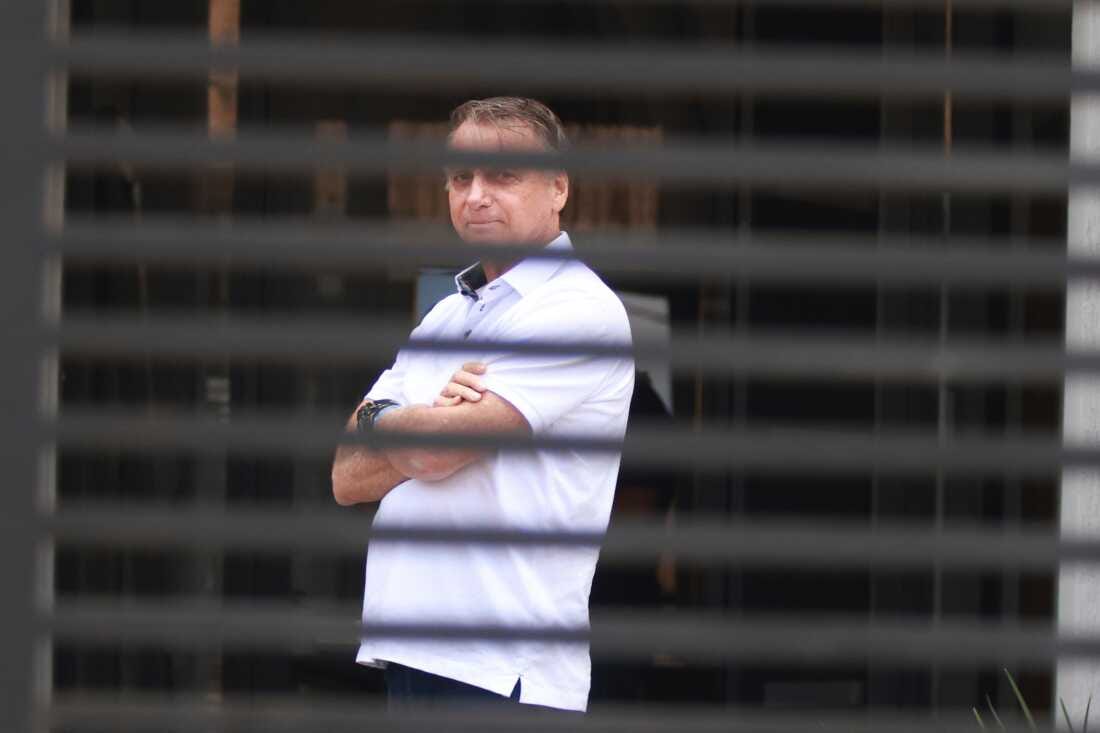How Performed Victimhood Sabotages the Rule of Law?
Is the state crushing a sick old man, or stopping a fugitive? We look past the emotional performance of Jair Bolsonaro’s arrest to find the soldering iron, the escape map, and the uncomfortable truth about justice.
The Seductive Narrative of the Victim
I want you to pause and look at the picture being painted for us. A former president, nearly seventy, battling illness, is taken from his home while his family weeps and his supporters pray on the street corner. It feels visceral, doesn’t it? It tugs at that part of us that fears state power, the part that worries about overreach. If you only read the headlines from his allies, you would be forgiven for thinking this is a purge. It looks like the powerful grinding the weak into dust. This emotional response is exactly what they are counting on; it is the first line of defense for the modern autocrat. But we have to ask ourselves: are we looking at a tragedy, or a performance?
The Devil in the Details
When we strip away the sentiment and look at the cold, hard evidence, the ‘victim’ vanishes and a fugitive appears. This wasn’t a bureaucratic mix-up. Bolsonaro took a soldering iron to his ankle monitor. He claimed it was out of ‘curiosity’—a defense that would be laughable if the stakes weren’t so high. As the philosopher Simone Weil understood, there is a distinct difference between the exertion of rights and the acceptance of obligations. Bolsonaro demands the rights of a former statesman while rejecting the obligations of a citizen under the law.
To be rooted is perhaps the most important and least recognized need of the human soul. It is one of the hardest to define. A human being has roots by virtue of his real, active and natural participation in the life of a community.
– Simone Weil, The Need for Roots
By damaging the device that tethered him to the legal system, Bolsonaro was not just breaking plastic; he was severing his participation in the community of law, attempting to place himself above the shared reality of the verdict.
The Architecture of Escape
The context here is terrifyingly concrete. We aren’t just talking about a flight risk in the abstract. We are talking about a man convicted of plotting a coup, of planning assassinations, who lives a short drive from foreign embassies known for harboring fugitives. The rally called by his sons wasn’t just for prayer; intelligence suggests it was cover—human chaff to confuse the radar while the target slipped away. This is the ‘banality of evil’ in a new form: not bureaucratic paper-pushing, but the cynical manipulation of democratic pity to escape consequences. We must be willing to see the soldering iron for what it is: a tool of insurrection.
Go Deeper
Step beyond the surface. Unlock The Third Citizen’s full library of deep guides and frameworks — now with 10% off the annual plan for new members.
The Cost of Clarity
It is uncomfortable to side with the jailer. It feels more noble to defend the prisoner. But in this case, the prisoner is an architect of chaos who is supported by international forces—like the retaliatory tariffs from the US—that seek to undermine the very concept of Brazilian sovereignty. If we allow the performance of victimhood to work, we are not being compassionate; we are being complicit. The German theologian Dietrich Bonhoeffer warned us about the danger of allowing folly to masquerade as harmlessness.
Folly is a more dangerous enemy to the good than evil. One can protest against evil; it can be exposed and, if need be, prevented by the use of force. Against folly we are defenseless.
– Dietrich Bonhoeffer, Letters and Papers from Prison
Bolsonaro’s claim of ‘curiosity’ is that dangerous folly. We must have the courage to call it what it really is: a jailbreak.



